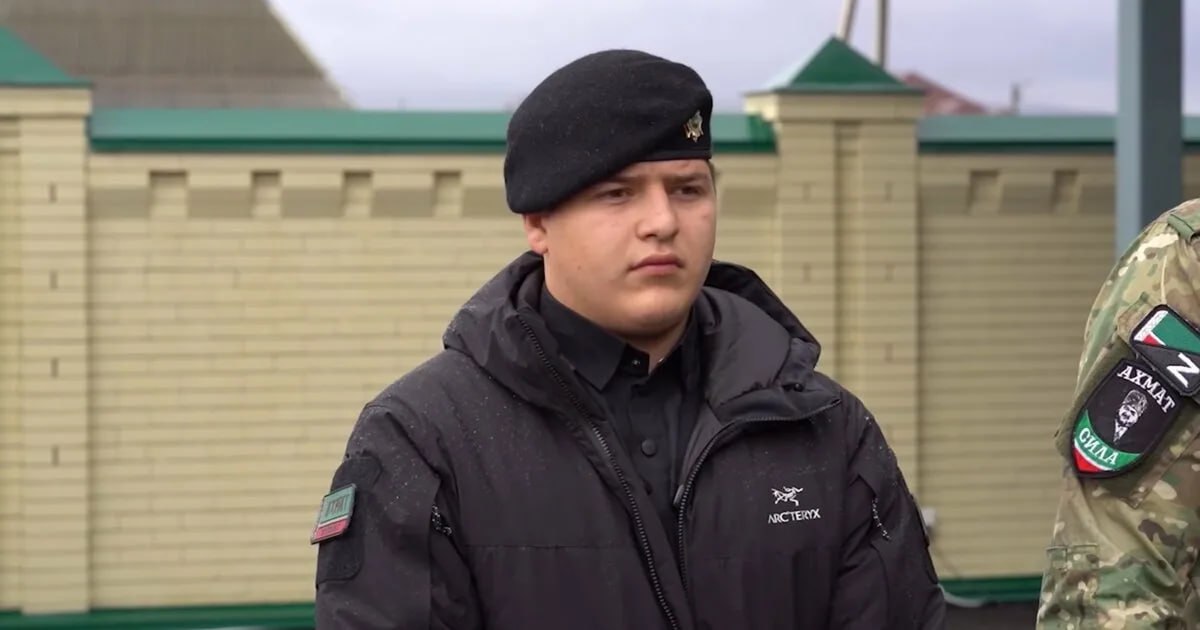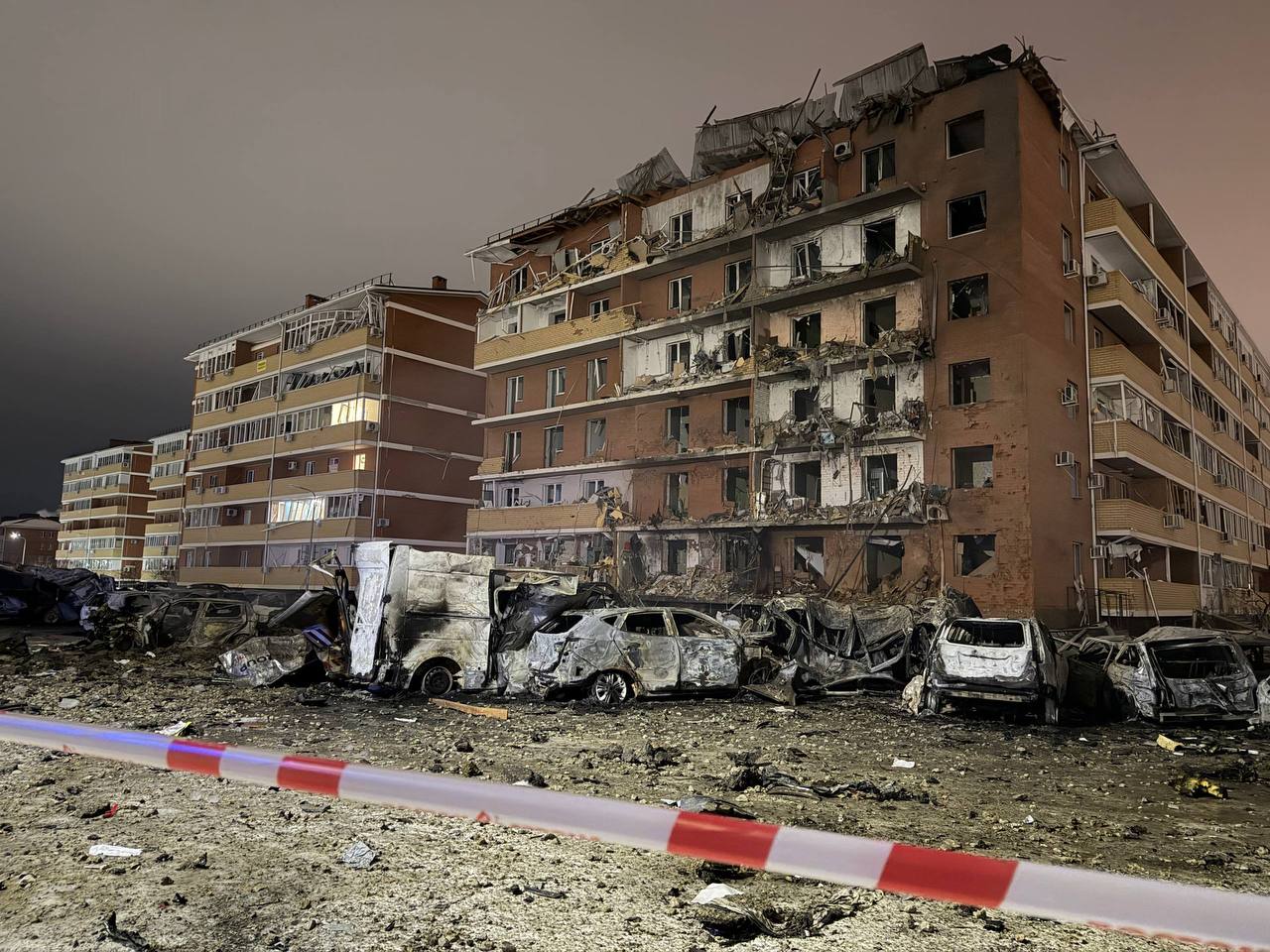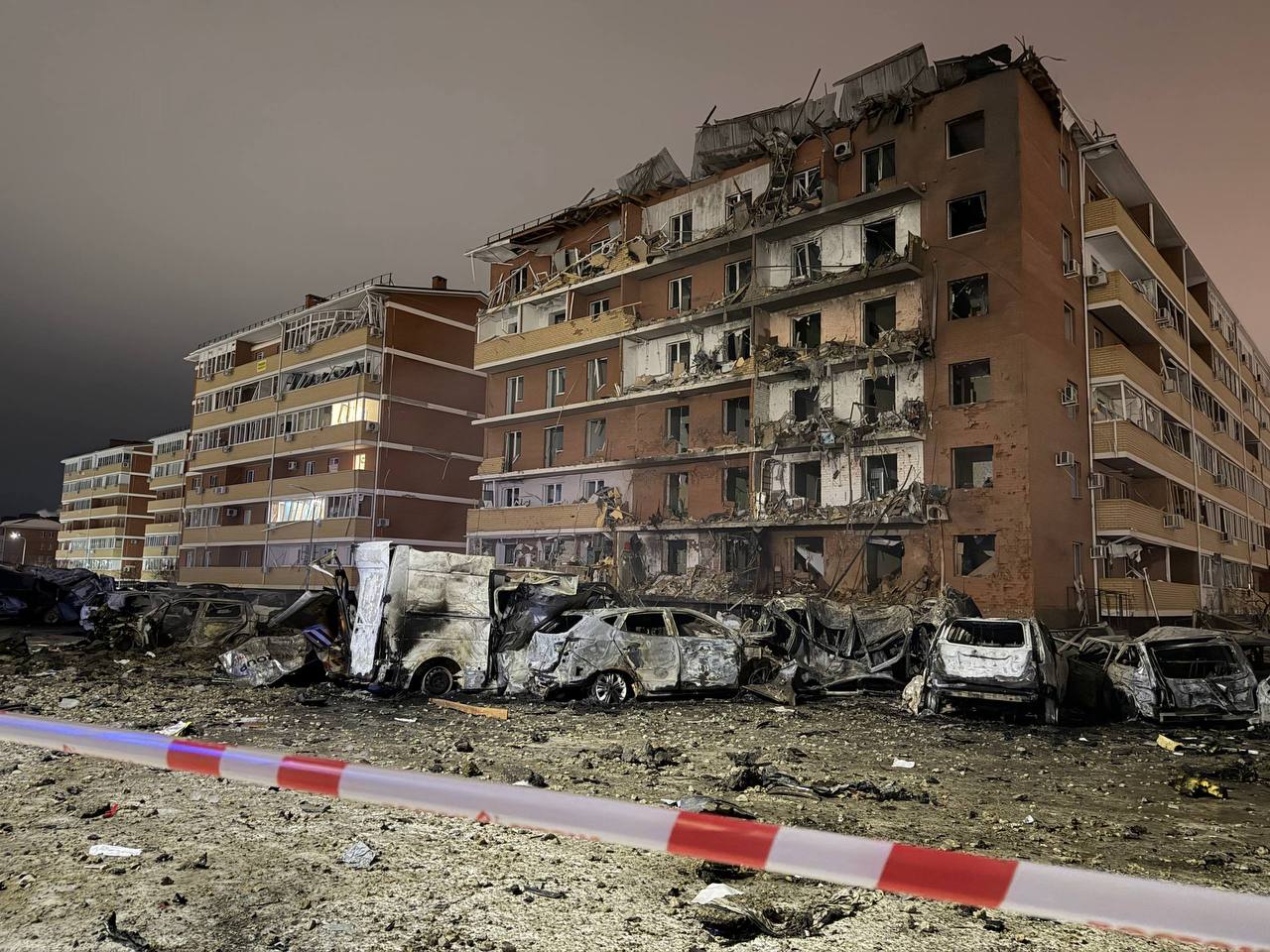The health of Adam Kadyrov, the son of Chechen leader Adam Kadyrov, who was injured in a traffic accident in Grozny, is improving, according to the Agency, citing sources close to the Russian presidential administration and the Chechen authorities.

October 30, 2001
***
At about 4 o'clock in the morning in the village of Goyty, Khasan Sultanovich Khadzhiev, born in 1969, was kidnapped from his home (Lenin St., 39a). The military personnel who carried out this operation were wearing masks. They did not present any identification documents, search warrants or arrest warrants. There was also no response to requests to say where and who was taking Khadzhiev.
An eyewitness to the detention of Khasan Khadzhiev was his sister, Rauza. When there was a knock on their house at dawn, she told them not to break down the door and that she would open it now. A cry was heard from behind the door: “Bitches, open up!” Entering the house, the military pointed weapons at everyone, and then one of them asked: “Which one of you is Hasan?” He responded. He was ordered to get ready and take all his documents. The military turned over furniture and belongings in the house and took 3,000 rubles. A man's gold ring was also stolen.
According to Rauza Khadzhieva’s story, her brother was handcuffed. The rest of the family (including two more brothers) were held at gunpoint. When Khasan Khadzhiev asked his sister to put his shoes on (he was handcuffed and could not do this on his own), they both shouted: “Speak Russian.” They put a bag over Hassan’s head, without answering his relatives’ questions, took him outside, put him in an armored personnel carrier and took him away in an unknown direction. The military arrived in two armored personnel carriers, Ural and UAZ-452 (“tablet”) vehicles with unknown registration plates and side numbers. One of the servicemen, leaving the courtyard, said on the radio: “East, East, we are winding down, the operation is over.”
Relatives of the abducted person contacted the authorities and security forces of the Urus-Martan district, but the security forces did not admit the involvement of their employees in his detention. He disappeared. As of February 2006, nothing was known about his possible whereabouts. Memorial Human Rights Center does not have any other information.
On November 29, 2001, Rauza Khadzhieva turned to the Memorial Human Rights Center with a request for assistance in finding her brother. Before this, she had already contacted the police, the prosecutor's office, the head of the Chechen administration A. Kadyrov and the Bureau of V. Kalamanov. In response to the request of the Human Rights Center “Memorial” No. 146 dated May 24, 2002, the first deputy prosecutor of the republic, V. Chernyaev, in response No. 18/39-95-02 dated June 3, 2002, said that “the statement of Khadzhieva R.S. On January 15, 2002, it was sent to the prosecutor of the Urus-Martan district in accordance with Article 109 of the Code of Criminal Procedure of the Russian Federation.”
A criminal case was opened under Article 126, Part 2, paragraphs “a”, “d” (kidnapping) of the Criminal Code of the Russian Federation. On March 6, 2002, “due to the impossibility of identifying the persons involved in the crime,” the criminal case was suspended. The suspension was canceled by the prosecutor's office of the Chechen Republic (July 24, 2002). The case was suspended again on September 24, 2002 in accordance with paragraph 1 of Article 208 of the Code of Criminal Procedure of the Russian Federation.
Khasan Sultanovich Khadzhiev was born in Zhangiz-Tobe, Zharminsky district, Semipalatinsk region. Kazakh SSR. According to relatives, he did not participate in hostilities. He was of average height, weight - 65-70 kg. He had red hair and blue eyes, and had a scar on his right leg. He left behind two daughters, four and six years old.
After the kidnapping of Khasan Khadzhiev, his mother had a heart attack. She died three months later.
***
A tough “cleansing” took place in Lower, Middle and Upper Kurchali. For the employees of the Human Rights Center “Memorial”, these villages, like other settlements in mountainous Chechnya, remained poorly accessible throughout the conflict. The information that came from there was sparse and fragmentary; it was sometimes extremely difficult to put individual facts into a coherent picture, but the information at our disposal was quite enough to understand: life in the mountain villages was no easier than in populated areas on the plain. And here the military behaved rudely and unceremoniously towards the local population, robbed, took people hostage, and tortured them. The described “cleansing” is no exception.
According to local residents, the Russian military captured 48-year-old Shakhrudi Mikhnev and Abubakar Gaisurkaev. Moreover, the second one was detained twice. The first group of military men let him go, but then others came, organized a pogrom in his house, smashed and tore up everything that could be broken and torn apart, and then beat and took Gaysurkaev to the military unit in the village of Gordali. Apparently, the headquarters for the operation was located there. During the detention of Abubakar Gaisurkaev, his 43-year-old uncle Isa was also beaten.
The military took two more to Gordali - 45-year-old Isa Tushiev and 46-year-old teacher Said-Alvi Akhmatov. With the assistance of employees of the Nozhai-Yurtovsky Department of Internal Affairs, both were subsequently released. It turned out that they were tortured in the place of detention. Side-Alvi Akhmatov, for example, had his body pierced between the ribs with a screwdriver.
From the book “People Live Here”, Usam Baysaev, Dmitry Grushkin, 2006.



